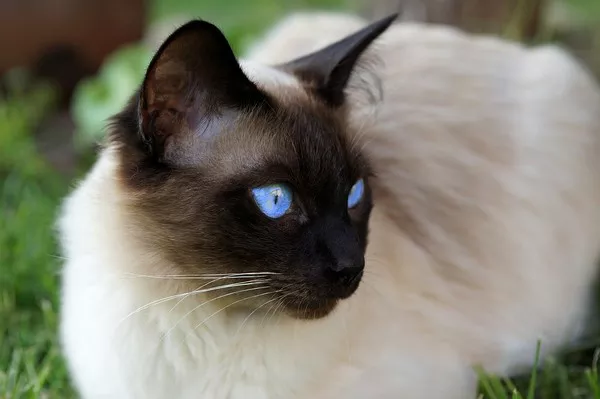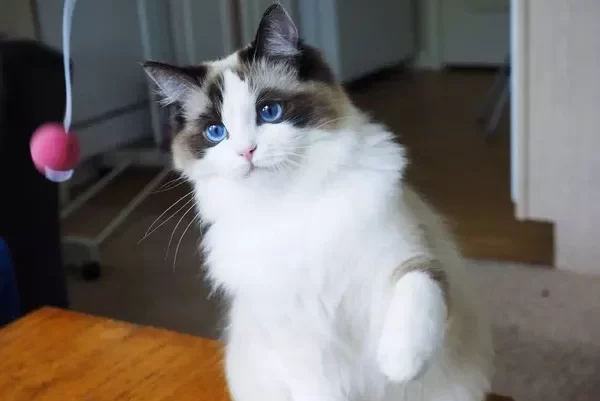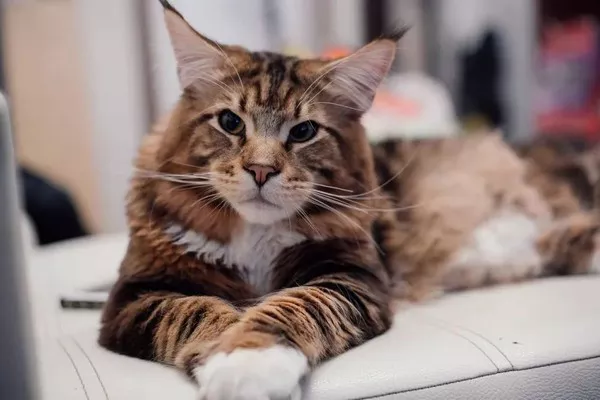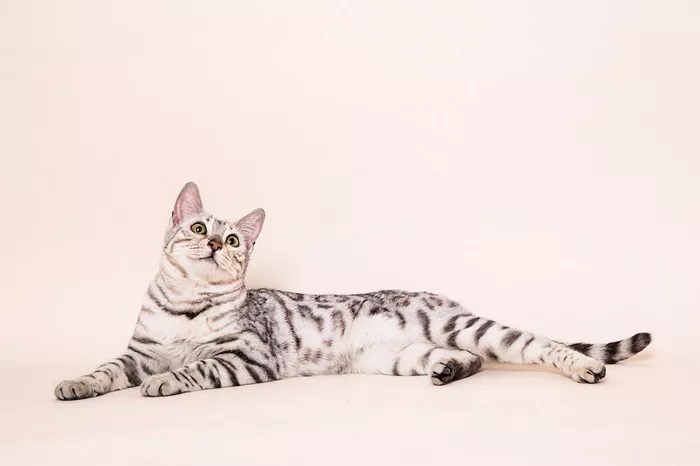Siamese cats are cherished companions known for their striking blue eyes, sleek bodies, and talkative nature. While their melodious vocalizations often delight their owners during the day, it can become a cause of concern when these feline virtuosos start serenading in the middle of the night. This article aims to shed light on why Siamese cats meow at night, exploring various factors that contribute to their nocturnal serenade. By understanding the underlying reasons behind their behavior, cat owners can better address their beloved Siamese’s needs and promote restful nights for both themselves and their feline friends.
The Siamese Cat:
Before diving into the reasons behind Siamese cats’ nighttime meowing, it is essential to understand the breed’s unique characteristics. Siamese cats are renowned for their social, intelligent, and highly active nature. They possess a profound need for human interaction and thrive on engaging with their owners. These traits, coupled with their distinctive vocalization abilities, make them excellent communicators.
1. Natural Circadian Rhythm:
Cats, including Siamese cats, are crepuscular animals, which means they are most active during dawn and dusk. Their natural circadian rhythm aligns with this pattern, making them more prone to activity during these transitional periods. When kept indoors, Siamese cats may attempt to replicate their instinctual behavior by being more active at night, leading to increased vocalizations.
2. Seeking Attention and Interaction:
One primary reason why Siamese cats meow at night is their desire for attention and interaction. These sociable felines thrive on human companionship and may resort to vocalizing to garner attention from their owners. If their human counterparts are not readily available during the day, Siamese cats may use the stillness of the night as an opportunity to seek engagement, often by serenading their owners with their distinct vocal repertoire.
3. Loneliness and Separation Anxiety:
Siamese cats are known for forming deep bonds with their human companions. When left alone for extended periods, they may experience feelings of loneliness and separation anxiety. These emotions can manifest as meowing at night, signaling their distress and desire for company. Addressing this behavior involves ensuring that Siamese cats have ample mental stimulation, engaging toys, and spending quality time with their owners throughout the day.
4. Environmental Triggers:
Another factor contributing to nighttime meowing in Siamese cats is environmental triggers. Cats, including Siamese breed, are highly sensitive to changes in their surroundings. Factors such as unfamiliar sounds, lights, or even a change in routine can disrupt their sense of security, leading to restlessness and increased vocalizations at night. Identifying and mitigating these triggers by creating a calm and predictable environment can help alleviate nighttime meowing.
5. Hormonal Influences:
Female Siamese cats who have not been spayed may exhibit increased vocalization during their heat cycles. The mating instincts combined with hormonal fluctuations can cause them to become more vocal, especially at night. Spaying or neutering your Siamese cat not only helps prevent unwanted pregnancies but also reduces the likelihood of excessive meowing associated with mating behaviors.
6. Aging and Cognitive Changes:
As Siamese cats age, they may experience cognitive decline, similar to humans. This condition, known as feline cognitive dysfunction, can lead to confusion, disorientation, and increased vocalizations, especially at night. Providing a comforting environment, regular vet check-ups, and engaging in activities that stimulate their mind can help manage these age-related changes and reduce nighttime meowing.
7. Medical Issues:
In some cases, excessive nighttime meowing in Siamese cats may indicate underlying medical issues. Cats are masters at hiding pain, and vocalization can be their way of expressing discomfort or distress. If your Siamese cat’s nighttime meowing is accompanied by other unusual behaviors, changes in appetite, or litter box habits, it is crucial to consult a veterinarian to rule out any potential health concerns.
Conclusion:
Siamese cats’ propensity for nighttime meowing stems from a combination of their innate traits, environmental factors, and emotional needs. Understanding the reasons behind this behavior allows cat owners to provide appropriate care and address any underlying issues that may contribute to excessive vocalizations. By providing ample attention, companionship, mental stimulation, and a stable environment, owners can create a peaceful nocturnal atmosphere for themselves and their beloved Siamese companions. Remember, a harmonious night’s sleep for both parties is possible with a little understanding, patience, and love.
























